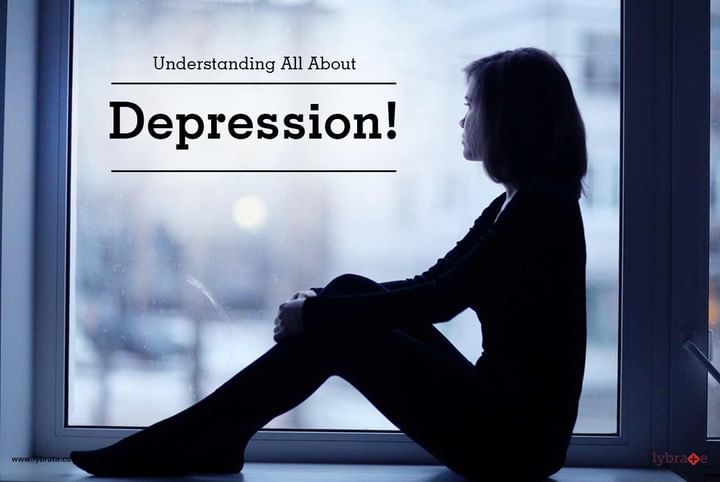Understanding All About Depression!
Depression is a serious medical illness that is characterized by prolonged periods of sadness and feeling blue for weeks or months together. This feeling is often associated with withdrawal from activities, lack of energy and low self-esteem. These feelings persist and interfere with daily life so much that it becomes highly difficult to carry out their tasks.
Causes of Depression
There is no single cause for depression and it may get triggered by various factors which include:
- Biological factors – Some types of depression run in families suggesting a hereditary risk
- Abuse - A past traumatic event of physical, mental or sexual abuse can increase the vulnerability to clinical depression at a later point of time in life
- Medications – Certain medications tend to induce symptoms of depression
- Conflict – As a result of personal conflicts or disputes with friends or family, depression may develop
- Death or Loss – Grief over the death of a loved one increases the risk of depression
- Substance Abuse – Almost 30% of people with substance abuse have major or clinical depression
- Environmental Factors – Social isolation or a normal response to stressful events can lead to depression
Symptoms of Depression
Clinical depression is characterized by the onset of the following symptoms:
- It is natural to feel down at times, but if this mood lingers on day after day for a long time it is a main sign of depression
- Physical symptoms – fatigue, insomnia, excessive sleep, persistent body aches like headaches, cramps or digestive problems that do not ease with proper treatment
- Changes in Appetite and weight
- Difficulty in concentrating and making effective decisions
- Withdrawal from daily activities that were previously enjoyed
- Talking about death or suicide
- Agitation and restlessness
- Feelings of worthlessness or guilt due to past failings
Treatments for Depression
Some of the major treatments for clinical depression are outlined below:
- Psychotherapy - From behavioral therapy to interpersonal therapy there are several talk therapies that can be undertaken to minimize the severity of depressive symptoms and manage depression. These therapies are an active collaboration between the therapists and their patients that seek to reinforce a positive environment to help faster recovery.
- Hospitalization – Required for serious cases of depression where the patient may have attempted suicide and accordingly therapy is given
- Medications – Antidepressants are prescribed by physicians to help improve overall mood
- Electroconvulsive Therapy – For severe and chronic depression symptoms, the last resort of therapy involves shock treatments with safe practice
- Self-Help Methods – One can also seek depression oriented support groups that allow the individual to socialize and be with others who are facing the same problem. There are several online support groups as well with virtual assistance at stressful times.
In case you have a concern or query you can always consult an expert & get answers to your questions!



+1.svg)
